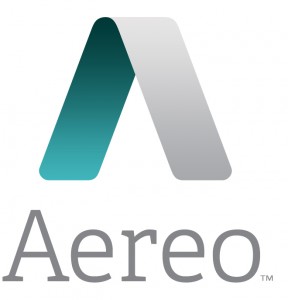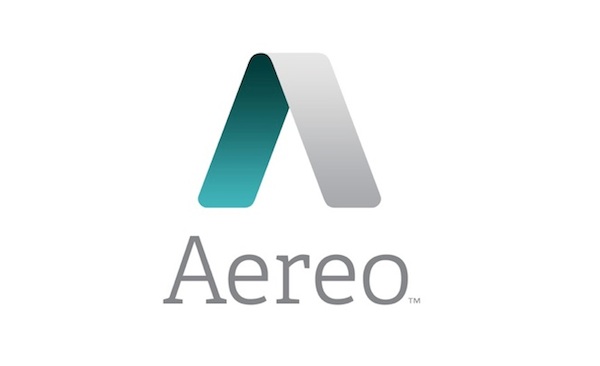
At stake: retransmission fee income that all the broadcasters are not currently getting from Aereo and that they stand the chance to lose if other providers follow suit.
The broadcasters claim the Barry Diller-backed Aereo violates their copyrights by using thousands of dime-sized antennas to broadcast their network’s signals without paying them fees, while sending those signals to its customers over the Internet. Aereo does charge its customers for the service.
The Aereo Supreme Court decision not only could affect the television industry’s business model, but could have important implications for Internet streaming and cloud computing.
Currently, cable and satellite companies pay billions of dollars for the right to broadcast programming from the networks that are fighting Aereo. Broadcasters have already threatened to pull their programming from free TV and move it to pay TV channels. Last year, Univision’s Chairman Haim Saban defended that strategy: “we need to protect our product and revenue streams and therefore we, too, are considering all of our options — including converting to pay TV.”
The big broadcasters, who have been filing suits against Aereo, and losing them, have filed appeals.
In a statement Friday CBS said Aereo’s business model is “built on stealing the creative content of others.”
Aereo counters that it provides users a service they could actually get with a personal television antenna.
“We have every confidence that the court will validate and preserve a consumer’s right to access local over-the-air television with an individual antenna, make a personal recording with a DVR, and watch that recording on a device of their choice,” Aereo founder and CEO Chet Kanojia said in a statement.
Since Aereo launched in March 2012 in the New York area, it has expanded to about 10 cities.





